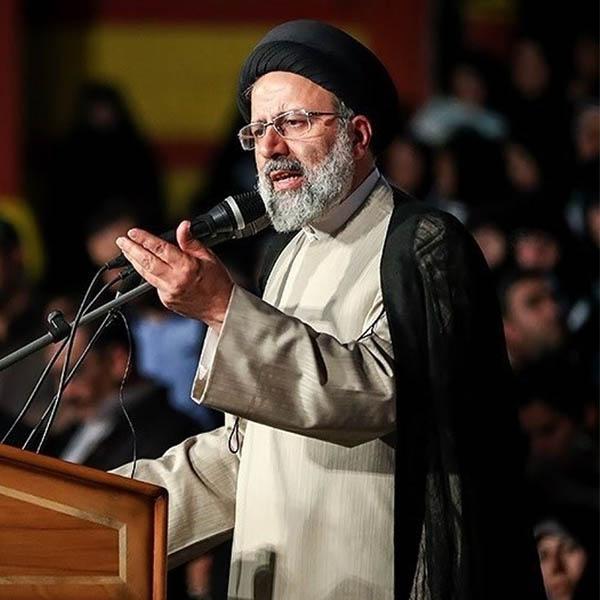Key Figures and Leaders
Featured Leadership
Ayatollah Ahmad Jannati
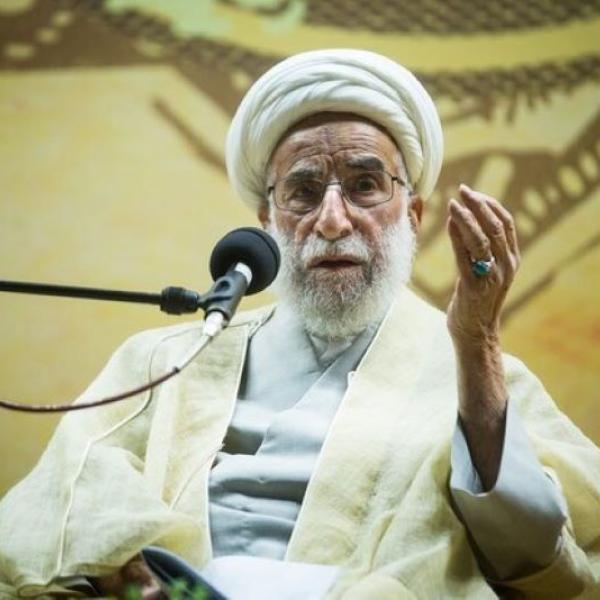
Chairman of Iran’s Assembly of Experts and Secretary of the Guardian Council
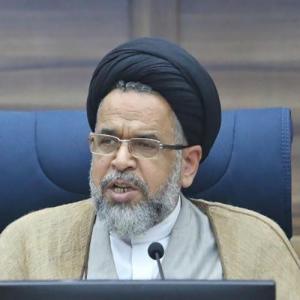
Hojatoleslam Mahmoud Alavi
Former Intelligence Minister of Iran
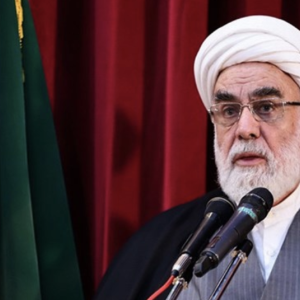
Hojatoleslam Mohammad Mohammadi Golpayegani
The Supreme Leader’s Chief of Staff
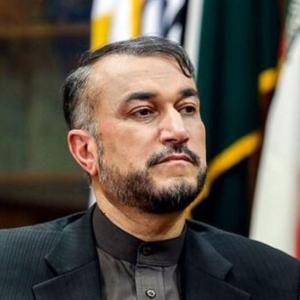
Hossein Amir-Abdollahian
Islamic Republic of Iran Foreign Minister
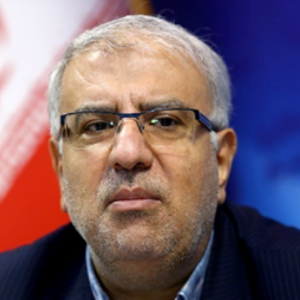
Javad Oji
Islamic Republic of Iran Oil Minister
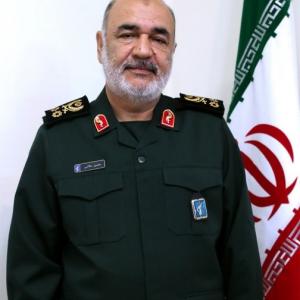
Major General Hossein Salami
Commander-in-Chief of the Islamic Revolutionary Guard Corps
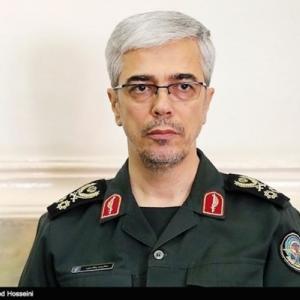
Major General Mohammad Bagheri
Chief of Staff of Iran’s Armed Forces
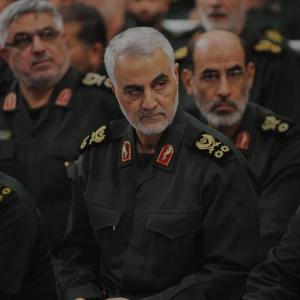
Major General Qassem Soleimani
Former Commander of the IRGC's Quds Force.
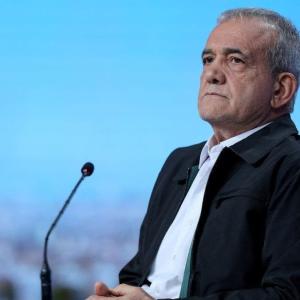
Masoud Pezeshkian
Member of Parliament
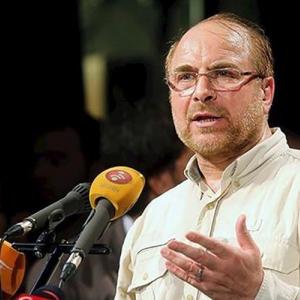
Mohammad Bagher Ghalibaf
Speaker of Iran's Parliament
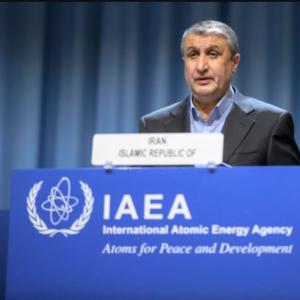
Mohammad Eslami
Atomic Energy Organization of Iran Director
Receive Iran News in Your Inbox.
Eye on Iran is a news summary from United Against Nuclear Iran (UANI), a section 501(c)(3) organization. Eye on Iran is available to subscribers on a daily basis or weekly basis.
×
